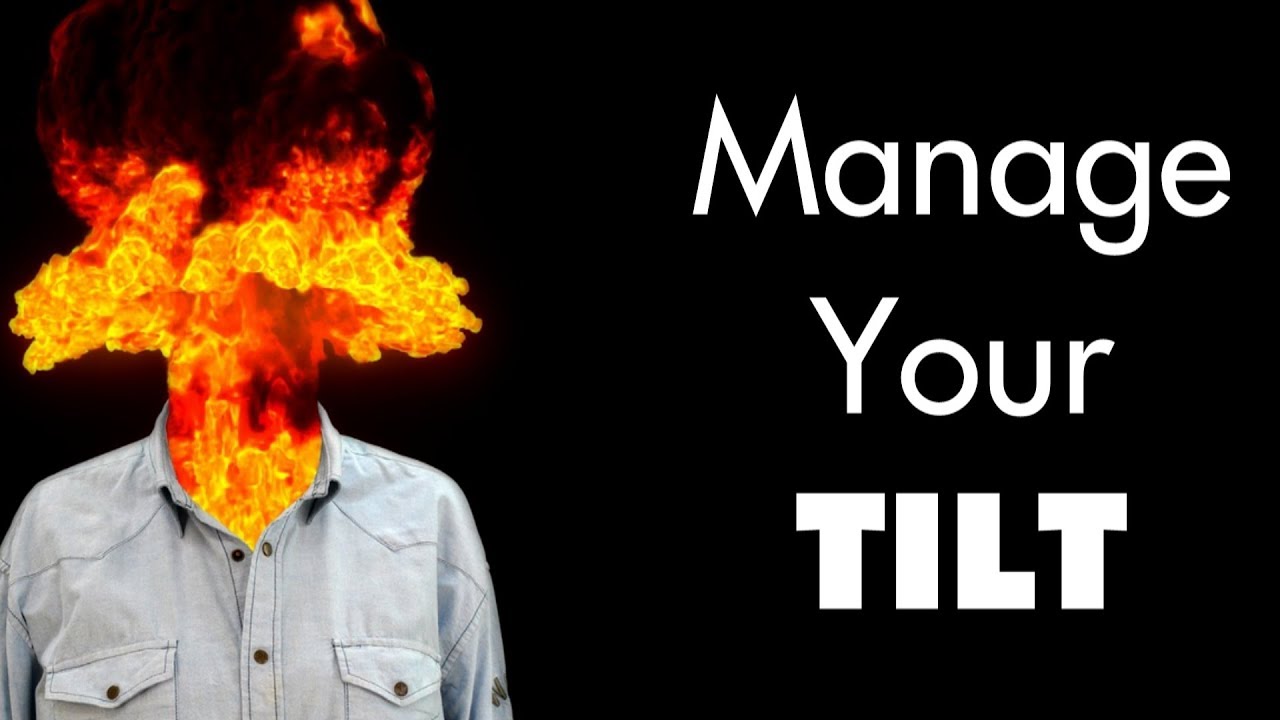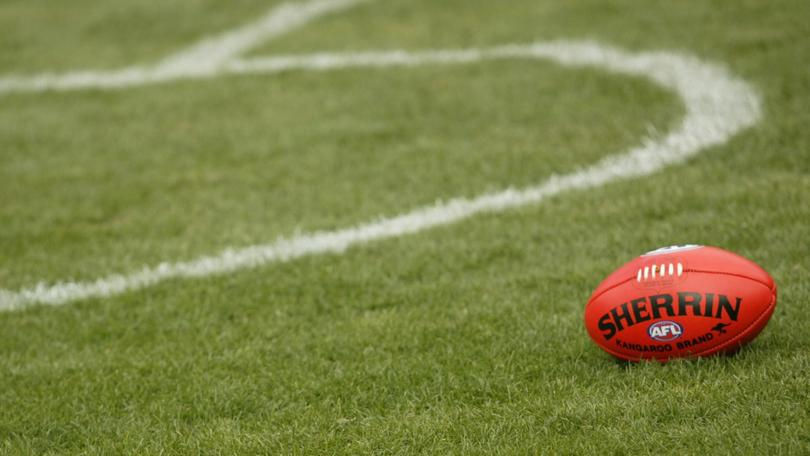daily fantasy sports articles
How To Manage Tilt in DFS

Hello my fellow DFS addicts, I’m Kansas! I focus on cash games on Moneyball, where you can find me under the screen name of “Kansas_Combat_Pigeon”. I’ve recently joined the Daily Fantasy Rankings team to bring you an instalment of articles, focusing on fantasy biases, and cognitive and emotional occurrences that may be impacting our DFS decision making. The first article of the series focuses on the concept of “tilt” and how to manage it effectively to improve your game.
How To Manage Tilt
TILT = “A state of irritation that impacts ones play adversely”
We all know how tilt effects a poker player’s decision making, whereby a run of bad beats or cards not falling their way can cause them to make sub-optimal decisions. We can also transfer this idea of tilt to the DFS environment.
Say we miss the cash line by only a few points, or post-game adjustments see us drop severely in GPP standings. That may cause some players to be upset with their performance and ultimately the result, and they start to question what went wrong.
We can also view tilt from the perspective of regret. For example, when things go poorly, we dwell on the fact that if a prior development had gone differently (for example, if we selected one player over another) we may be in a better predicament.
The rational perspective would be to understand the underlying variance we face every contest. However, as DFS players also tend to be reflective, looking back at our wins and losses and how we can improve, this reflection on previous performance can be detrimental during periods of sustained losses.
What can occur during a continued streak of poor performance and following regret reflection, is a continued process of sub-optimal decision making in an effort to rectify our current state of regret and uncertainty.
Approaches to avoid when on tilt
- Thinking about positive “hot streaks” we have had. This will cause us to crave being back in the green winning zone, exacerbating the need to make irrational decisions.
- Reflecting on the negative “bad beats” (I would’ve won if Player A didn’t get injured). This also amplifies our want to get out of a current state of uncertainty and back to even.
How to manage tilt
Firstly, you need to find out where our tilt has stemmed from, was it:
- Poor decision making
- Bad luck (variance)
- Change in environment (others skill level has increased)
By understanding where our tilt is coming from, we can start to remove the uncertainty that placed us in a state of tilt and focus on our winning processes not irrational decisions.
So, to avoid further tilt and remaining in a current state of regret, we can remove ourselves from the current contests that are having the largest negative -EV on our bankroll, we can do this by:
- Moving down stakes, where you know you have a higher winning %
- Avoid contests that are leaking money from your bankroll
- Enter fewer lineups until we have restored confidence and bankroll
To wrap up, being on tilt can severely hinder our progress in building our bankrolls if we are not aware of where and how it is affecting us. But we can step away from the negative situations which cause us to be prone to sub-optimal decision making. Taking a wider view, to better understand tilt and to overcome it.
For more help to improve your daily fantasy sports game, we have a full range of 'how to' guides, tips, tricks and more covering all of the various daily fantasy sports contests out there in our Training Camp section. Head to the DFR Training Camp now to read more!





